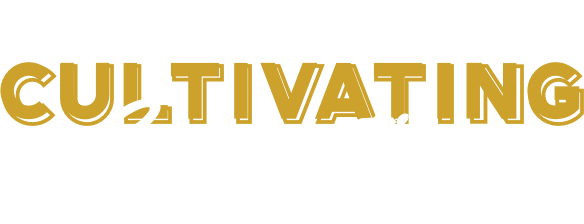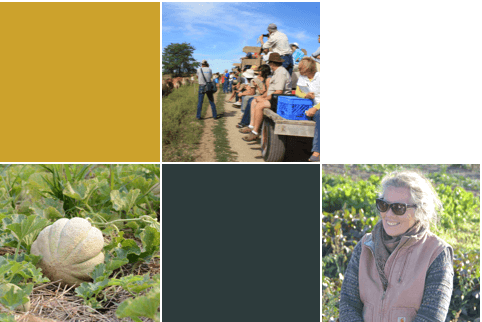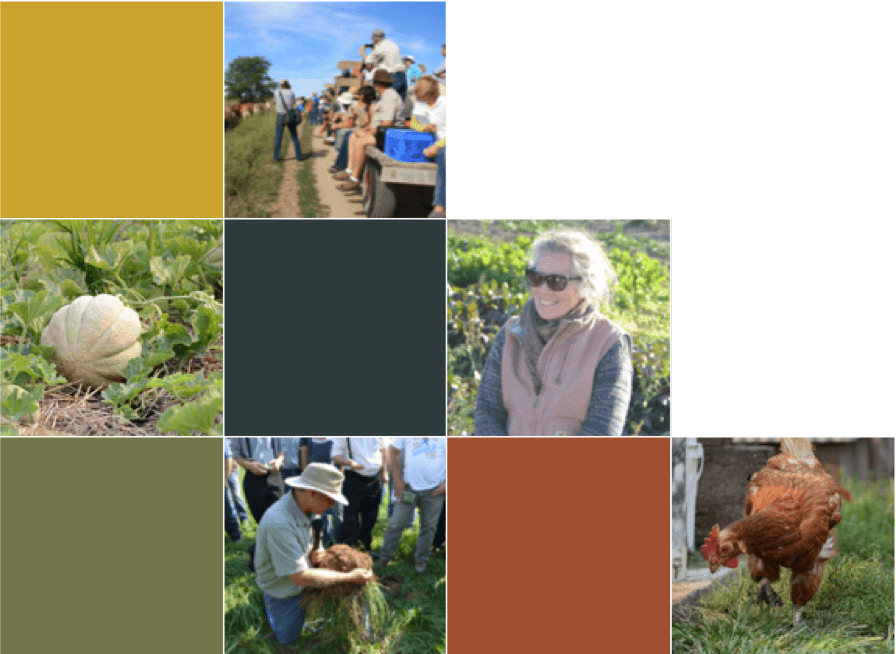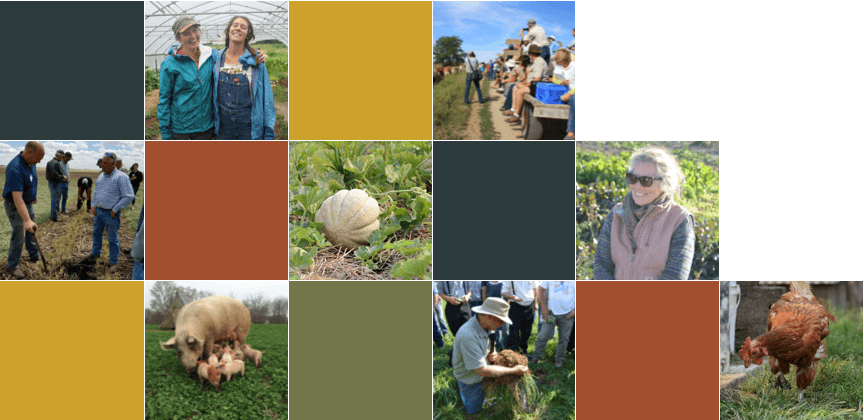Organic Sessions
Looking for sessions specific to organic farmers? We have sessions specific to several different organic enterprises including organic dairies, row crops and fruit and vegetable growers. Check out the descriptions below for a session that may help benefit your organic enterprise.
Economics of Organic Dairying
Torray and Erin Wilson, Dr. Larry Tranel
Join dairy specialist Dr. Larry Tranel and farmers Torray and Erin Wilson in a discussion of how to remain profitable with current markets. Larry will speak on the process of how to do (and how not to do) your farm financial analysis. We’ll take a look at what is needed to do a financial analysis, benchmarks and efficiencies necessary to stay profitable. The Wilsons will share financial records and economics behind grass-based organic dairying.
Lessons Learned Over 30 Years at the Wisconsin Integrated Cropping Systems Trial
Established in 1989, the Wisconsin Integrated Cropping Systems Trial addresses tradeoffs and synergies in three cash-grain, three dairy forage and three native-grass cropping systems typical of the Upper Midwest. These systems vary in crop diversity and perenniality, and range from continuous corn, to a three-crop organic rotation, to rotational grazing. Yield trends show benefits to crop rotation, while soil carbon has responded only to perenniality.
Managing Weed Control in an Organic Crop Rotation
Megan will share her family farm’s experiences with weed management, from roller-crimping rye in the spring for beans to seeding non-vernalized rye in spring into beans – and more. She will cover her family farm’s cultivation techniques, transitional plans and ways the family takes action to reduce weed pressures pre-plant, in-season and post-season. Megan will also share results from research trials she and her family have conducted on their organic ground.
Mechanical Weed Control
Learn how timeliness, the right equipment and crop rotation are keys to successful mechanical weed control. Nelson will discuss the when and why of his sequence of field equipment passes, from seedbed prep to seeding, hoeing and tine weeding to cultivation. He’ll also share why he prefers the tine weeder over a rotary hoe, and how tine weeding and mechanical cultivation can complement each other for effective weed control.
Organic Equipment and Weed Control for Beginners
When moving from conventional to organic row crops, you must have an effective weed management plan. You should consider historical pest problems, soil management, crop rotation, machinery, markets, weather, and time and labor. Eric and Scott will share how they have adjusted weed control strategies based on weed pressure, and share the practices that have worked for them.
Panel: Planting Corn and Soybeans Following a Cover Crop
Trent Sanderson, Brent Larson, Jacob Bolson
What disk-openers should I use? How much down pressure do I need? Should I use trash whippers? What about strip-till versus no-till? When and how are others terminating a cover crop? What if I’m organic and use tillage? These are among the many questions farmers ask when considering planting corn or soybeans following a cover crop. This panel session will address these concerns, as well as planting cash crops into living cover crops and more!
Questions?
Contact Maggie at (515) 232-5661, or maggie@practicalfarmers.org.





